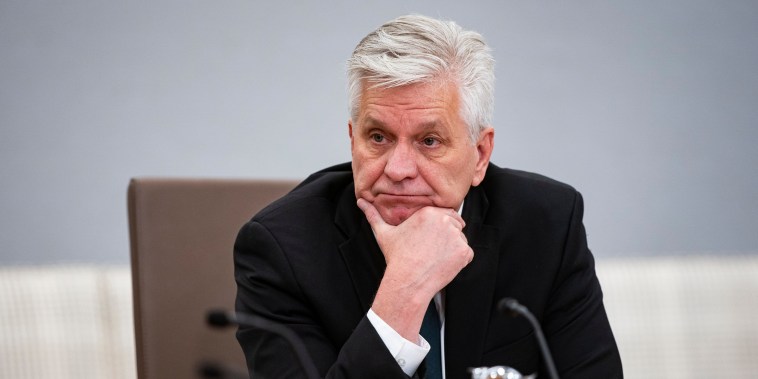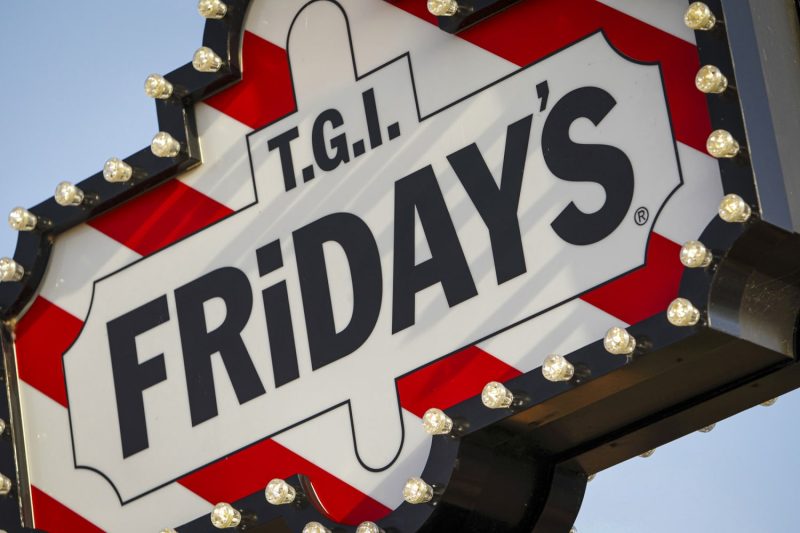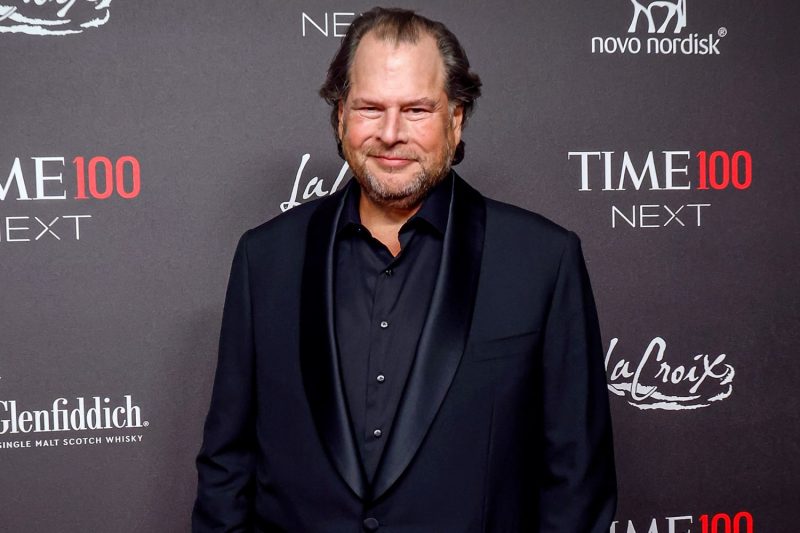
Fed Governor Christopher Waller sees central bank ‘getting closer’ to an interest rate cut
Federal Reserve Governor Christopher Waller on Wednesday suggested that interest rate cuts are ahead soon as long as there are no major surprises on inflation and employment.
“I believe current data are consistent with achieving a soft landing, and I will be looking for data over the next couple months to buttress this view,” Waller said in remarks for a program at the Kansas City Fed. “So, while I don’t believe we have reached our final destination, I do believe we are getting closer to the time when a cut in the policy rate is warranted.”
Keeping with statements from other policymakers, Waller’s sentiments point to an unlikelihood of a rate cut when the Federal Open Market Committee meets later this month, but a stronger likelihood of a move in September.
Central bankers have become more optimistic from data in recent months that has shown inflation easing after a surprisingly higher move for the first three months in 2024.
Waller outlined three potential scenarios in the days ahead: One, in which the inflation data turns even more positive and justifies a rate cut in “the not too distant future”; a second in which the data fluctuates but still points toward moderation; and a third in which inflation turns higher and forces the Fed into a tighter policy stance.
Of the three, he considers the third scenario of unexpectedly stronger inflation as the least likely.
“Given that I believe the first two scenarios have the highest probability of occurring, I believe the time to lower the policy rate is drawing closer,” Waller said.
Waller’s comments on Wednesday are of particular note because he has been among the more hawkish FOMC members this year, or those who have advocated for tighter monetary policy as fears escalated that inflation is proving more durable than expected.
In May, Waller told CNBC that he expected cuts to be “several months away” as he awaited more convincing data that inflation was receding. His speech Wednesday indicated that the threshold is close to being met.
For one, he said the labor market “is in a sweet spot” in which payrolls are expanding while wage gains are cooling. At the same time, the consumer price index declined 0.1% in June, while the 3.3% annual rate for core prices was the lowest since April 2021.
“After disappointing data to begin 2024, we now have a couple of months of data that I view as being more consistent with the steady progress we saw last year in reducing inflation, and also consistent with the FOMC’s price stability goal,” he said. “The evidence is mounting that the first quarter inflation data may have been an aberration and that the effects of tighter monetary policy have corralled high inflation.”
The comments also are consistent with what New York Fed President John Williams told The Wall Street Journal in an interview published Wednesday. Williams noted that inflation data is “all moving in the right direction and doing that pretty consistently” and is “getting us closer to a disinflationary trend that we’re looking for.”
Markets again are pricing in a more accommodative Fed.
Traders in the fed funds futures market are pricing in an initial quarter percentage point rate cut in September followed by at least one more before the end of the year, according to the CME Group’s FedWatch measure.
Fed funds futures contracts currently are implying a 4.62% rate at the end of the year, about 0.6 percentage point below the current level.



